Reviving Local Economies in Africa through Strategic Industrial Development & SME Empowerment:-
SECTION 1: Identifying Strategic Sectors for Growth
Objective:
To select and develop priority industries that align with a country’s natural resources, market demand, workforce potential, and ability to reduce import dependence.
Why This Matters-
Africa’s industrial base is narrow and often focused on raw exports (like cocoa, oil, or minerals) with little local value addition. Identifying strategic sectors allows countries to:
Increase domestic production capacity
Reduce import dependence
Generate mass employment
Encourage innovation and entrepreneurship
Criteria for Sector Selection
Criteria- Description
Raw Material Availability Is the resource locally available and underutilized?
Job Creation Potential- Can it employ large numbers, especially youth and women?
Market Demand Is there strong local or regional demand for the product/service?
Export Potential- Can it feed into regional/global markets like AfCFTA or EU?
Technology Compatibility- Can it adopt scalable, affordable technologies?
Recommended Strategic Sectors
1. Agro-processing
Turn crops into consumer products: cassava into flour, mangoes into juice, etc.
Benefits: Adds value locally, creates rural jobs, supports food security.
Needs: Basic machinery, training, access to packaging materials.
2. Textiles & Apparel
Build on cotton-growing regions to create garments, uniforms, local fabrics.
Benefits: High labor absorption, especially for women.
Needs: Stitching machines, dyeing facilities, design training.
3. Construction Materials
Use local stone, clay, sand, and recycling to produce bricks, tiles, roofing sheets.
Benefits: Urbanization demands housing; job-rich industry.
Needs: Local fabrication plants, partnerships with builders.
4. Green Energy Manufacturing
Assemble/install solar panels, batteries, cookstoves, microgrids.
Benefits: Energy access + sustainable jobs.
Needs: Investment in clean tech skills and basic R&D.
5. Pharmaceuticals & Medical Supplies
Focus on production of generics, basic drugs, PPEs, hand sanitizers.
Benefits: National health resilience + cost savings.
Needs: Quality labs, regulatory support, training for pharmacists.
6. Digital Economy (Tech & Services)
Software development, e-commerce, digital financial services, AI/local apps.
Benefits: Exportable skills, youth-driven, scalable.
Needs: Coding academies, fast internet, local funding.
SECTION 2: Support for Small & Medium Enterprises (SMEs)
Objective:
To make SMEs the engine of economic growth, job creation, and industrial transformation.
Why SMEs Matter
SMEs contribute up to 80% of employment in many African countries.
They operate in informal to semi-formal sectors but struggle due to:
Lack of financing
Limited access to tools, raw materials
Weak infrastructure
Low market visibility
Key Areas of SME Support-
1. Finance Access
Strategy- Description
Micro-loans & Cooperatives- Seed funding through credit unions, SACCOs, or faith-based funds
SME Banks or Funds- Government/NGO-backed loan windows with flexible terms
Equipment Leasing- Allow SMEs to rent industrial machines instead of buying
Avoid high-interest commercial loans with strict collateral requirements.
2. Infrastructure & Tools-
Build shared industrial workspaces or parks for:
Textile production-
Metalwork-
Agro-processing
Provide mobile tool trucks for rural businesses.
Ensure stable electricity, roads, and internet access.
3. Training & Capacity Building-
Partner with TVETs to offer:
Technical skills (e.g., tailoring, baking, solar tech)
Business management (pricing, inventory, marketing)
Financial literacy (bookkeeping, savings)
Create entrepreneurship bootcamps with mentorship.
4. Market Access Support-
Organize Buy Local fairs and online platforms for SME products.
Help SMEs comply with export standards (packaging, hygiene, labeling).
Link SMEs to school feeding programs, hospitals, and state procurement.
5. Policy & Regulation Reform-
Simplify business registration processes.
Exempt small producers from high taxes for first 3–5 years.
Create local content laws that mandate use of local products in public projects.
6. Digital Enablement-
Train SMEs to:
Sell via afriprime.net, sappertask.com, corkroo.com because these sites are made for Africa by African.
Accept mobile payments (M-Pesa, Flutterwave, etc.).
Use digital bookkeeping apps.
Going digital helps small businesses compete and scale.
Case Study Snapshot: Nigeria’s MSME Clinics
Mobile clinics hosted in states to connect SMEs with banks, regulators, and tools.
Results: More registrations, loan disbursement, and skills training uptake.
Conclusion
Reviving African economies requires a clear sector focus matched with ground-up SME empowerment. By:
Investing in strategic, job-rich industries, and
Creating an ecosystem for SMEs to thrive,
countries can reduce poverty, grow local wealth, and reclaim economic independence from global overdependence.
By Jo Ikeji-Uju.
sappertekinc@gmail.com
https://afriprime.net/Ikeji
*Share your comments positive or negative........
Reviving Local Economies in Africa through Strategic Industrial Development & SME Empowerment:-
SECTION 1: Identifying Strategic Sectors for Growth
Objective:
To select and develop priority industries that align with a country’s natural resources, market demand, workforce potential, and ability to reduce import dependence.
Why This Matters-
Africa’s industrial base is narrow and often focused on raw exports (like cocoa, oil, or minerals) with little local value addition. Identifying strategic sectors allows countries to:
Increase domestic production capacity
Reduce import dependence
Generate mass employment
Encourage innovation and entrepreneurship
Criteria for Sector Selection
Criteria- Description
Raw Material Availability Is the resource locally available and underutilized?
Job Creation Potential- Can it employ large numbers, especially youth and women?
Market Demand Is there strong local or regional demand for the product/service?
Export Potential- Can it feed into regional/global markets like AfCFTA or EU?
Technology Compatibility- Can it adopt scalable, affordable technologies?
Recommended Strategic Sectors
1. Agro-processing
Turn crops into consumer products: cassava into flour, mangoes into juice, etc.
Benefits: Adds value locally, creates rural jobs, supports food security.
Needs: Basic machinery, training, access to packaging materials.
2. Textiles & Apparel
Build on cotton-growing regions to create garments, uniforms, local fabrics.
Benefits: High labor absorption, especially for women.
Needs: Stitching machines, dyeing facilities, design training.
3. Construction Materials
Use local stone, clay, sand, and recycling to produce bricks, tiles, roofing sheets.
Benefits: Urbanization demands housing; job-rich industry.
Needs: Local fabrication plants, partnerships with builders.
4. Green Energy Manufacturing
Assemble/install solar panels, batteries, cookstoves, microgrids.
Benefits: Energy access + sustainable jobs.
Needs: Investment in clean tech skills and basic R&D.
5. Pharmaceuticals & Medical Supplies
Focus on production of generics, basic drugs, PPEs, hand sanitizers.
Benefits: National health resilience + cost savings.
Needs: Quality labs, regulatory support, training for pharmacists.
6. Digital Economy (Tech & Services)
Software development, e-commerce, digital financial services, AI/local apps.
Benefits: Exportable skills, youth-driven, scalable.
Needs: Coding academies, fast internet, local funding.
SECTION 2: Support for Small & Medium Enterprises (SMEs)
Objective:
To make SMEs the engine of economic growth, job creation, and industrial transformation.
Why SMEs Matter
SMEs contribute up to 80% of employment in many African countries.
They operate in informal to semi-formal sectors but struggle due to:
Lack of financing
Limited access to tools, raw materials
Weak infrastructure
Low market visibility
Key Areas of SME Support-
1. Finance Access
Strategy- Description
Micro-loans & Cooperatives- Seed funding through credit unions, SACCOs, or faith-based funds
SME Banks or Funds- Government/NGO-backed loan windows with flexible terms
Equipment Leasing- Allow SMEs to rent industrial machines instead of buying
Avoid high-interest commercial loans with strict collateral requirements.
2. Infrastructure & Tools-
Build shared industrial workspaces or parks for:
Textile production-
Metalwork-
Agro-processing
Provide mobile tool trucks for rural businesses.
Ensure stable electricity, roads, and internet access.
3. Training & Capacity Building-
Partner with TVETs to offer:
Technical skills (e.g., tailoring, baking, solar tech)
Business management (pricing, inventory, marketing)
Financial literacy (bookkeeping, savings)
Create entrepreneurship bootcamps with mentorship.
4. Market Access Support-
Organize Buy Local fairs and online platforms for SME products.
Help SMEs comply with export standards (packaging, hygiene, labeling).
Link SMEs to school feeding programs, hospitals, and state procurement.
5. Policy & Regulation Reform-
Simplify business registration processes.
Exempt small producers from high taxes for first 3–5 years.
Create local content laws that mandate use of local products in public projects.
6. Digital Enablement-
Train SMEs to:
Sell via afriprime.net, sappertask.com, corkroo.com because these sites are made for Africa by African.
Accept mobile payments (M-Pesa, Flutterwave, etc.).
Use digital bookkeeping apps.
Going digital helps small businesses compete and scale.
Case Study Snapshot: Nigeria’s MSME Clinics
Mobile clinics hosted in states to connect SMEs with banks, regulators, and tools.
Results: More registrations, loan disbursement, and skills training uptake.
Conclusion
Reviving African economies requires a clear sector focus matched with ground-up SME empowerment. By:
Investing in strategic, job-rich industries, and
Creating an ecosystem for SMEs to thrive,
countries can reduce poverty, grow local wealth, and reclaim economic independence from global overdependence.
By Jo Ikeji-Uju.
sappertekinc@gmail.com
https://afriprime.net/Ikeji
*Share your comments positive or negative........









